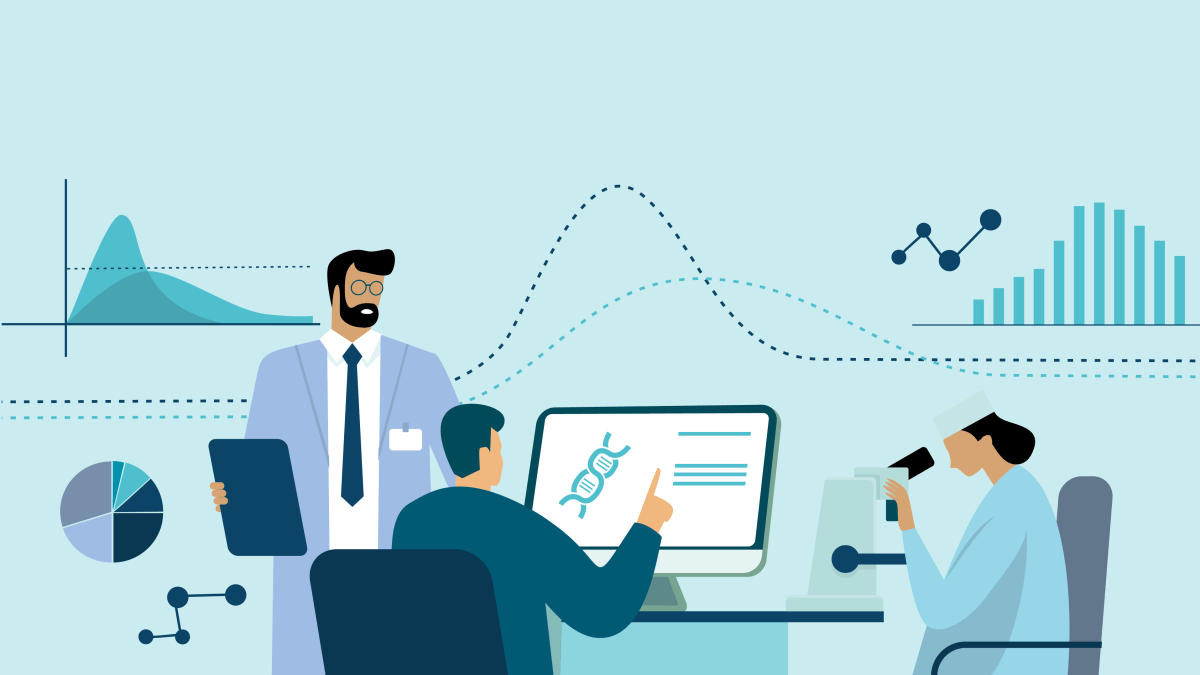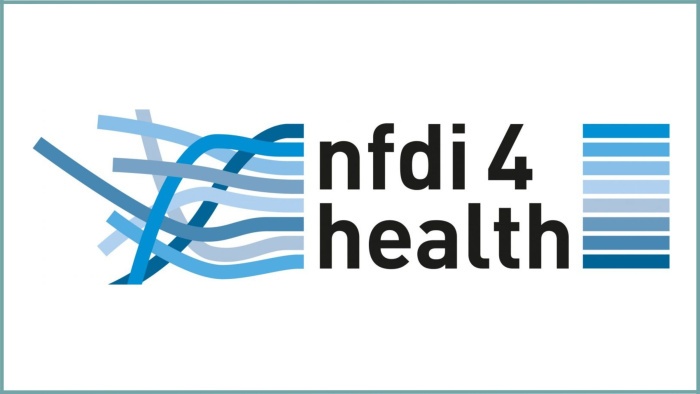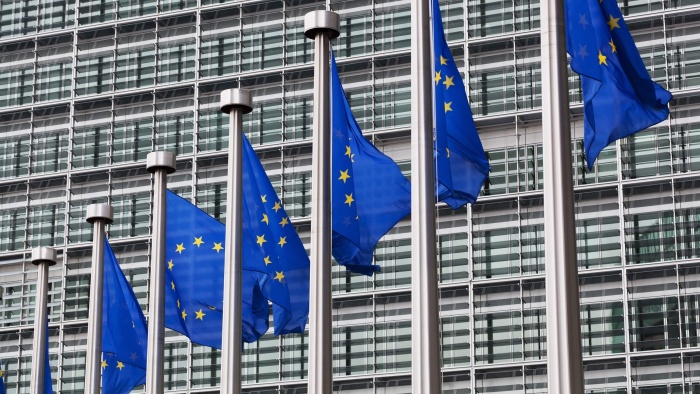"Locating samples more quickly and developing quality standards on a joint basis"

© Zubada - stock.adobe.com
"For researchers a very important function of the German Biobank Registry will be to develop quality standards for biobanks on a joint basis."
In the TMF you are head of the project group that is building up the German Biobank Registry. What does the work involve?
In addition to the large biobanks there is a large number of relatively small collections that have so far not been registered centrally. These small biobanks in particular are often difficult to access so they cannot be used optimally for research in Germany. Our biobank registry will contain contact data and key information on all the biobanks in Germany, thus allowing effective access to this national scientific resource.
How does the research community benefit from the setting up of such a biobank registry?
The registry is designed to promote the establishment of contact with cooperation partners as well as an exchange of information, experiences, and samples. Researchers are able to find samples they are looking for more quickly and can obtain direct advice from experts through the registry portal. The registry will also facilitate the development of common quality standards by researchers.
How does the biobank registry relate to the new German Genetic Diagnostics Act?
Now that this law has come into force the German Ethics Council is currently working on a second official comment on the subject of biobanks. These recommendations may include a requirement that sample donors must have an opportunity to quickly and easily obtain information about studies and issues that are supported by the respective biobank. The German Biobank Registry can make a substantial contribution to this.
Work is also being conducted to improve the biobank infrastructure at European level. How is the TMF integrated into those activities?
Within the scope of the EU-funded BBMRI (Biobanking and Biomolecular Resources Research Infrastructure) project the aim being pursued at present is to network all biobanks in the EU. The method of data collection for our national biobank registry was developed by the TMF and it is coordinated with the survey used by the BBMRI project. That is why German biobanks only have to enter their data once in order to display their biobanks both nationally and internationally.
How does the TMF's biobank registry project help to make German biobanks competitive on an international scale, and keep them competitive?
The ability to locate and network people in order to cultivate contact between the biobanks in Germany will result in synergy benefits that will help to boost the quality and efficiency of medical research in this country. In international competition this will also strengthen Germany as a research location.
Dr. Dr. Michael Kiehntopf is a doctor of medicine, a biochemist and a laboratory medicine specialist. At present he is temporary director of the Institute of Clinical Chemistry at Jena University Hospital and one of his responsibilities is to manage the biobank of the Sepsis Competence Network. He is a member of the Board of Directors of the TMF.
Further Information


